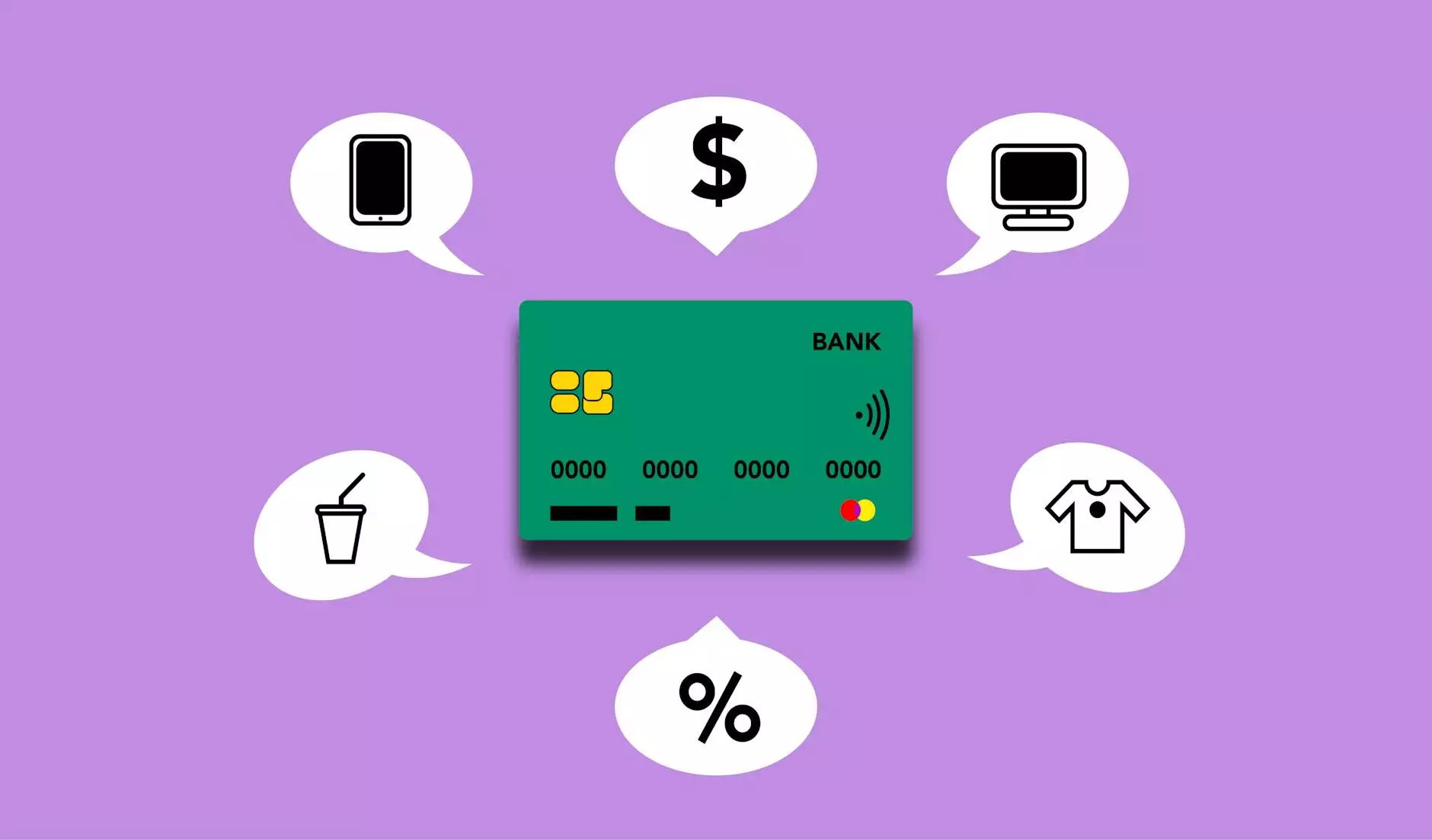Cosigner Consequences: What Happens if I Don't Pay?
Blog
Welcome to Life Designers, the leading consultancy and coaching service for business and consumer services. We are here to provide you with comprehensive information on the topic "Cosigner Consequences: What Happens if I Don't Pay?" If you are considering becoming a cosigner or are already one and wondering about the potential consequences, you've come to the right place.
Understanding the Role of a Cosigner
A cosigner is a person who guarantees the repayment of a loan if the primary borrower fails to meet their obligations. This additional level of security is often required by lenders when the primary borrower has a limited credit history or does not meet the necessary financial criteria.
While being a cosigner can help someone obtain credit when they otherwise wouldn't, it also comes with certain responsibilities and potential consequences. It is crucial to understand these implications before agreeing to become a cosigner.
The Consequences of Not Paying as a Cosigner
When you cosign a loan, whether it's for a mortgage, a car loan, or even a personal loan, you are equally responsible for repaying the debt. If the primary borrower fails to make the required payments, as a cosigner, you will be the one held accountable.
The consequences of not paying as a cosigner can be severe and have a long-lasting impact on your financial health and creditworthiness. Here are some of the potential consequences:
1. Damage to Your Credit Score
One of the most significant impacts of not paying as a cosigner is the negative effect on your credit score. Late or missed payments can result in your credit score taking a hit, making it challenging for you to obtain credit in the future or secure favorable interest rates. Your creditworthiness is crucial when applying for loans, mortgages, or even rental agreements.
2. Legal Action and Debt Collection
If the primary borrower defaults on the loan, the lender may pursue legal action against both the borrower and the cosigner. This could include filing a lawsuit to collect the outstanding debt. Additionally, debt collectors may contact you in an attempt to collect the unpaid amount. Legal proceedings and debt collection efforts can be stressful and time-consuming.
3. Strained Relationships
Cosigning a loan involves a significant amount of trust and reliance on the primary borrower's financial responsibility. Unfortunately, if the primary borrower fails to make the necessary payments, it can strain your relationship with them. Money matters can put a strain on even the closest of relationships, so it's essential to carefully consider the implications before taking on this responsibility.
4. Difficulty Obtaining Loans in the Future
As a cosigner, your credit obligations increase, which means your debt-to-income ratio may also increase. Lenders consider this ratio when determining your creditworthiness and ability to repay new loans. If you have a high level of debt already due to cosigning an existing loan, it may become more challenging for you to obtain new credit in the future.
5. Limited Control Over the Loan
When you cosign a loan, you essentially take on the financial burden without any control over the primary borrower's actions. If they miss payments or default on the loan, you have limited control or recourse to rectify the situation. This lack of control can leave you vulnerable and reliant on the primary borrower's ability to honor their repayment obligations.
Considering Alternatives
Given the potential consequences of cosigning a loan, it's crucial to consider alternative options before committing to this responsibility. Here are a few alternatives to explore:
1. Offer Financial Advice
If you are approached by someone seeking a cosigner, you can offer them financial advice or assistance in improving their creditworthiness. Guide them towards building a stronger credit history or finding other ways to qualify for a loan independently. This proactive approach can help them secure credit without the need for a cosigner.
2. Explore Collateral Options
If the primary borrower is unable to qualify for a loan on their own, another option to explore is offering collateral. Collateral provides the lender with additional security and can increase the likelihood of loan approval without the need for a cosigner. Encourage the borrower to explore this avenue and potentially avoid the need for a cosigner altogether.
3. Limited Liability Alternatives
Some lenders offer limited liability alternatives, such as a "cosigner release" option. This allows the cosigner to be removed from the loan agreement once the primary borrower demonstrates consistent repayment behaviors over a specific period. While not all loans provide this option, it's worth discussing with the lender as a potential solution.
Conclusion
As a cosigner, understanding the potential consequences of not paying is essential before taking on this responsibility. The negative impact on your credit score, legal implications, strained relationships, and limited control over the loan are all potential outcomes you should consider. Exploring alternatives and discussing options with the primary borrower and the lender can help you make an informed decision that aligns with your financial goals and circumstances.
At Life Designers, we are here to offer guidance and support in navigating the complexities of financial responsibility. We believe in helping individuals make informed decisions that positively impact their lives. Contact us today to learn more about how we can assist you in your journey towards financial well-being.



